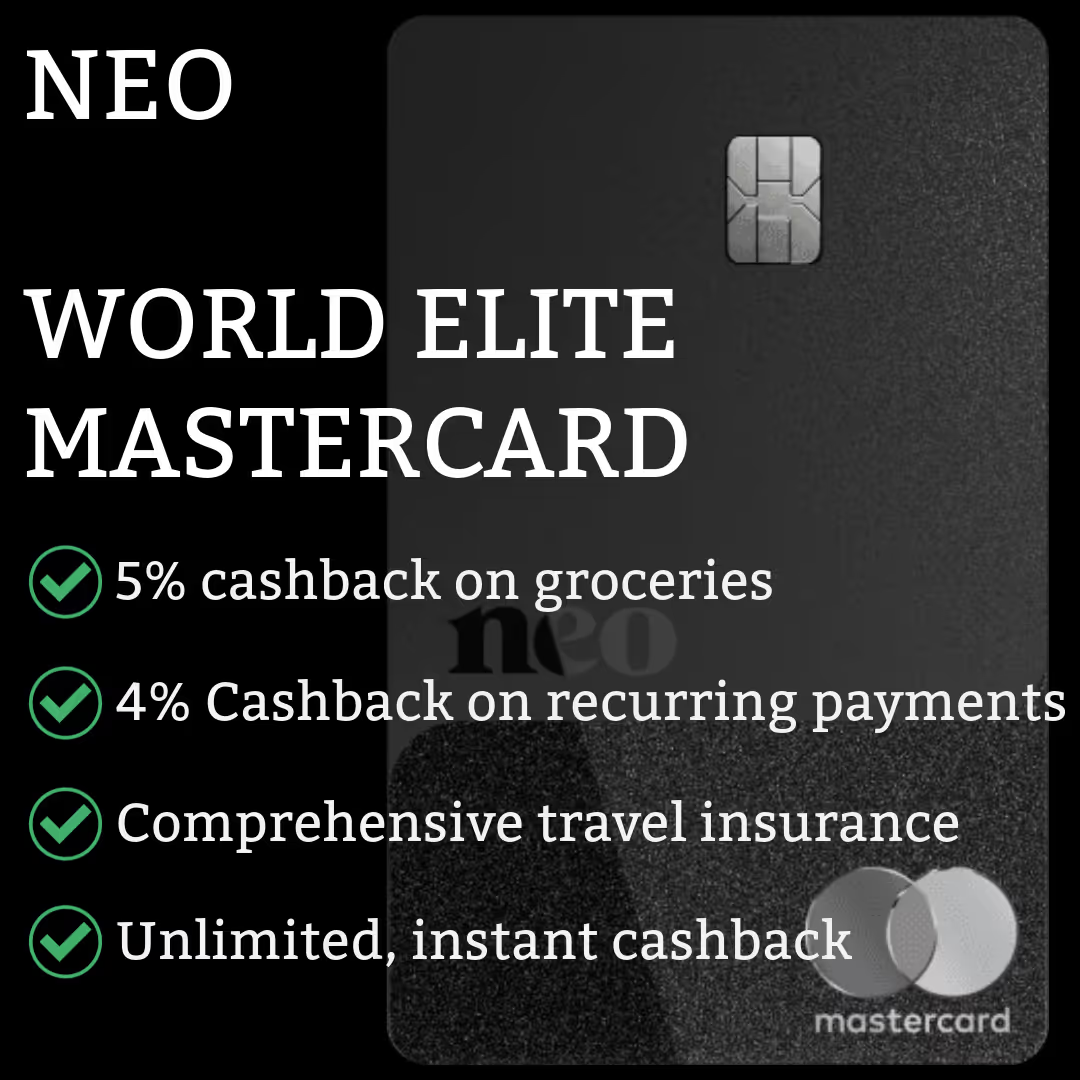We cover key financial planning areas to help newcomers make smart decisions and build a secure future in Canada.
Relocating to a new country is both exciting and challenging, especially when it comes to managing finances. For newcomers to Canada, understanding the local financial landscape, setting up essential accounts, and building a strong financial foundation are crucial first steps.
1. Open Essential Bank Accounts
Opening a Canadian bank account is one of the first steps for newcomers to manage day-to-day finances, receive payments, and pay bills.
There are two main types of bank accounts to consider:
- Chequing Account: Used for daily transactions such as receiving income, paying bills, and making purchases with a debit card.
- Savings Account: A separate account where you can earn interest on your savings and put money aside for future goals.
ScotiaBank has a program for newcomers to Canada called Start Right. You can get your chequing, savings, investment accounts, and credit card.
Many banks offer special packages for newcomers, which may include fee-free accounts, reduced costs for international transfers, and perks like discounts on credit cards.
Popular Canadian banks include RBC, TD Canada Trust, Scotiabank, BMO, and CIBC. It’s helpful to compare different banks to find an account package that best suits your needs.
2. Build a Budget and Track Your Spending
Understanding living costs in Canada is essential for effective financial planning. Start by tracking your monthly expenses and building a budget to manage your finances.
Here’s a simple way to create a budget:
- List your income sources, such as salary, freelance work, or government benefits.
- Categorize expenses into fixed costs (e.g., rent, insurance) and variable costs (e.g., groceries, entertainment).
- Allocate money toward savings and debt payments, if applicable.
Online budgeting tools and apps like Mint and YNAB (You Need a Budget) can help simplify this process.
Budgeting is essential in Canada, where the cost of living varies across cities, so knowing your spending patterns will help you make informed financial decisions.
3. Build and Manage Credit
Credit history is crucial in Canada for obtaining loans, renting apartments, and even getting certain jobs. Building good credit can also help you qualify for lower interest rates in the future.
Here are some steps to start building credit:
- Apply for a Canadian credit card: Newcomer-friendly credit cards, such as secured credit cards or those with lower credit requirements, can help you begin establishing credit. Many major banks have credit card options specifically designed for newcomers. We recommend Tangerine Money Back Credit Card.
- Make timely payments: Paying credit card bills on time each month is critical, as payment history is a significant factor in your credit score.
- Keep balances low: Aim to use less than 30% of your credit limit to maintain a healthy credit utilization ratio.
- Track your credit score: Use Borrowell to track your credit score for free.
Canada’s two main credit bureaus are Equifax and TransUnion. You can request a free annual credit report from both to monitor your credit and catch any inaccuracies.
4. Start Saving for Emergencies
Establishing an emergency fund is an important financial safety net, especially for newcomers who may face unforeseen expenses.
Aim to save 3-6 months’ worth of living expenses to cover unexpected events, such as job loss or medical emergencies. A high-interest savings account can be an ideal place for your emergency fund, allowing your money to grow while remaining easily accessible.
5. Understand Canadian Taxes and Benefits
Taxes in Canada may be different from what newcomers are accustomed to, so understanding the basics is essential. Canada’s tax system is progressive, meaning that the more you earn, the higher your tax rate.
Here are key tax considerations:
- Social Insurance Number (SIN): You’ll need a SIN to work in Canada and access various government benefits. Applying for a SIN should be one of your first steps upon arrival.
- Filing Income Tax: All residents, including newcomers, must file an income tax return annually. This filing process is an opportunity to claim tax credits and deductions, which can reduce your taxable income.
- Government Benefits: Canada offers a range of government benefits for residents, including the Canada Child Benefit (CCB), the Goods and Services Tax (GST) credit, and Employment Insurance (EI). When you file taxes, you may become eligible for benefits based on your income and family situation.
Filing taxes for the first time can be complex, so consider consulting a tax professional or using online tax software to ensure accuracy.
6. Set Financial Goals
Establishing clear financial goals helps newcomers create a roadmap for their future in Canada.
Consider both short-term and long-term goals:
- Short-term goals: These may include building an emergency fund, paying off any debts from the move, or saving for a family vacation.
- Long-term goals: Examples include buying a home, saving for children’s education, and planning for retirement.
Breaking down goals into smaller, manageable steps makes it easier to track progress. Having financial goals can provide motivation and direction as you adjust to life in Canada.
7. Explore Investment Options
Once you have a stable financial foundation, consider exploring investment options to grow your wealth.
Canada offers tax-advantaged investment accounts, including:
Registered Retirement Savings Plan (RRSP)
An account that lets you save for retirement with tax-deductible contributions, meaning your contributions reduce your taxable income. Investment income within an RRSP grows tax-free until withdrawal, typically at retirement age.
Take a look at QTrade's Self Directed Accounts
Tax Free Savings Account (TFSA)
A flexible account that allows tax-free growth on investments. You can withdraw funds without tax implications, making it suitable for both short- and long-term goals.
With either account, you can invest in a variety of assets, such as stocks, bonds, mutual funds, and ETFs.
Speaking with a financial advisor can help you understand which investment options align with your goals and risk tolerance.
8. Understand Insurance Needs
Insurance is essential for protecting against unexpected events, especially in a new country.
The following types of insurance are worth considering:
- Health Insurance: Canada has a publicly funded healthcare system, but each province has its own healthcare plan. Apply for provincial health coverage as soon as possible. While waiting, you may need private health insurance.
- Life Insurance: Life insurance can provide financial security for your loved ones in case of your passing. This can be particularly important if you have dependents.
For Both Life and Health Insurance, we recommend Policy Me.
- Home and Auto Insurance: Home insurance covers damages or losses related to your home, while auto insurance is mandatory for drivers in Canada.
Consider speaking with an insurance advisor to assess which types of coverage fit your needs.
9. Plan for Education Savings
If you have children or plan to start a family in Canada, consider setting up a Registered Education Savings Plan (RESP).
This government-sponsored savings account is designed to help save for a child’s post-secondary education and comes with valuable benefits:
- Tax-sheltered growth: Investment income within an RESP grows tax-free until withdrawn.
- Government grants: The Canadian government offers matching grants through the Canada Education Savings Grant (CESG), adding up to 20% on contributions.
RESPs can be a valuable tool for funding your children’s education, and starting early allows the investment to grow over time.
10. Seek Financial Advice
Managing finances in a new country can be overwhelming, so consider seeking guidance from a financial planner. A financial professional can help you navigate complex financial matters, including investments, taxes, and retirement planning, while ensuring you make decisions that align with your goals and risk tolerance.
Look for certified financial planners (CFPs) with experience working with newcomers or expats, as they’ll have a deeper understanding of your unique needs and challenges.
Final Thoughts
Financial planning as a newcomer to Canada is all about establishing a strong foundation, building good habits, and setting goals for the future. While there may be an initial learning curve, making smart financial decisions early on will set you up for success in your new home.
By opening essential accounts, building credit, budgeting, and investing in your future, you’ll be well-prepared to achieve financial security and create a prosperous life in Canada.









